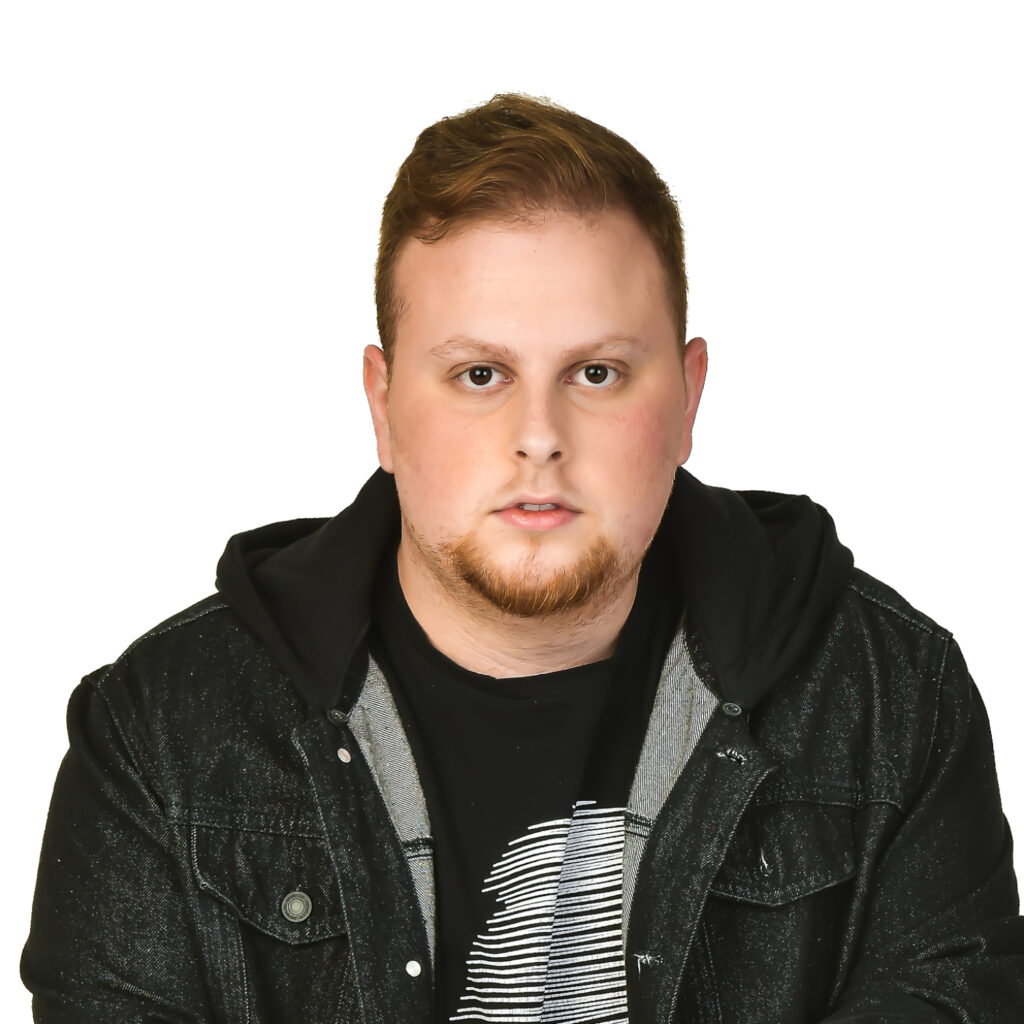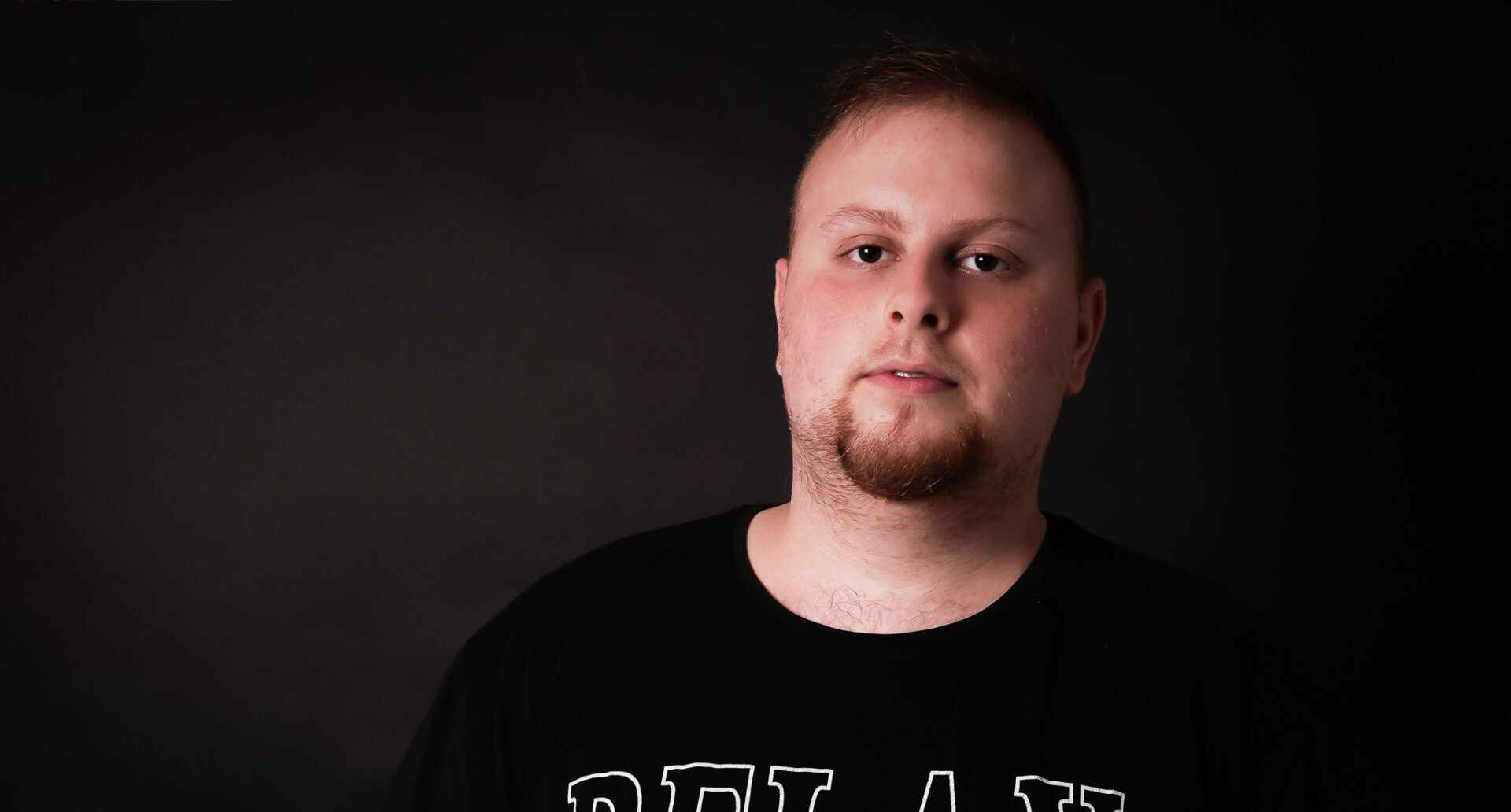When people listen to his music, he wants them to feel a sense of confidence and have hope in their lives — he wants his music to inspire people to have in their life what he struggled to find when he was young, before he discovered music. Check out the exclusive interview below:

1. Can you tell us a bit about where you come from and how it all got started?
Fleanger: It all started at the age of 8 in terms of my musical production but actually my love for music has always been there. I remember how I would drive in my father’s car and we would listen to the 80s and it just moved me every time and I was intrigued by the process of creating music in general.
2. Did you have any formal training or are you self-taught?
Fleanger: I learned the basics by myself and enriched myself with courses at the College of Electronic Music in Tel Aviv (Israel) where I learned to create sound from scratch and enrich my knowledge of electronic music.
3. Who were your first and strongest musical influences and why the name ‘Fleanger’?
Fleanger: My musical influences are usually two bands, one of which is called “depeche mode” and the other “pink floyd”, my stage name stems from a music production effect I favour called “Flanger,” which adds depth to certain sounds, with an added letter E for the electronic music I produce.
4. What do you feel are the key elements in your music that should resonate with listeners, and how would you personally describe your sound?
Fleanger: emotion! emotion! And once again emotion! My sound is terribly dreamy and terribly puts people into a certain mode of thinking that during my entire career as a musician this has been my goal.

5. With social media having a heavy impact on our lives and the music business in general, how do you handle criticism, haters, and/or naysayers in general? Is it something you pay attention to, or simply ignore?
Fleanger:
That it concerns bullying towards others of course I will always say my opinion and intervene but that it concerns me I will just go back to the studio and continue my own, of course it hurts but I have learned not to pay attention and move on.
6. What’s your view on the role and function of music as political, cultural, spiritual, and/or social vehicles – and do you try to affront any of these themes in your work, or are you purely interested in music as an expression of technical artistry, personal narrative, and entertainment?
Fleanger:
Music for me is only a way of self-compassion and a way to tell my life story through melodies and not through words because I sometimes find it difficult to tell people the things I’ve been through in detail, so through music it’s much easier for me and it’s even better.
7. Do you feel that your music is giving you back just as much fulfilment as the amount of work you are putting into it or are you expecting something more, or different in the future?
Fleanger:
I’ve learned in life not to expect but to simply do, although I’m still at the beginning of my marketing journey, but I’ve been deep in music for a good few years. I invest a lot financially and mentally and I’m slowly seeing that it’s also starting to pay off for me in all respects.
8. For most artists, originality is first preceded by a phase of learning and, often, emulating others. What was this like for you? How would you describe your own development as an artist and music maker, and the transition towards your own style, which is known as Melodic House?
Fleanger: Of course there were projects where I tried to imitate other artists but I always waited until I found my own unique sound, luckily I found it quite quickly because once only with the heart. I went through many styles which included EDM, techno and many more but in the end I found my style which although I wrote that it is called Melodic House but I don’t really have a name for my style.
9. Could you describe your creative processes? How do you usually start, and go about shaping ideas into a completed song? Do you usually start with a tune, a beat, or a narrative in your head? And do you collaborate with others in this process?
Fleanger: First of all I start with chords and then continue with the melody, then continue with the structure and move to the drums and slowly intensify all the things and expand on each part of the track.
10. On the contrary, what would you consider a successful, proud or significant point in your life or music career so far?
Fleanger: I would say that my move to Berlin and my attempt to develop musically in Europe, which is what I always dreamed of, is a point of success in my personal life and in my musical career, because moving alone to a country that is considered foreign to me at a relatively young age (20) is a step that requires a lot of courage.
KEEP IN TOUCH:
INSTAGRAM | SPOTIFY | YOUTUBE

